Let’s be honest—when people first heard about the RWA global trend (aka Real-World Asset tokenization), most thought it sounded like one of those crypto buzzwords that fizzles out. But here we are, and governments aren’t just watching anymore… they’re rolling up their sleeves and getting involved.
From regulatory sandboxes to national-level pilots, countries across the globe are treating RWAs like more than just another blockchain experiment. They see a chance to modernize finance, improve transparency, and—yes—grab a piece of the next economic shift.
So which nations are jumping in, and what exactly are they doing? Let’s take a world tour, shall we?
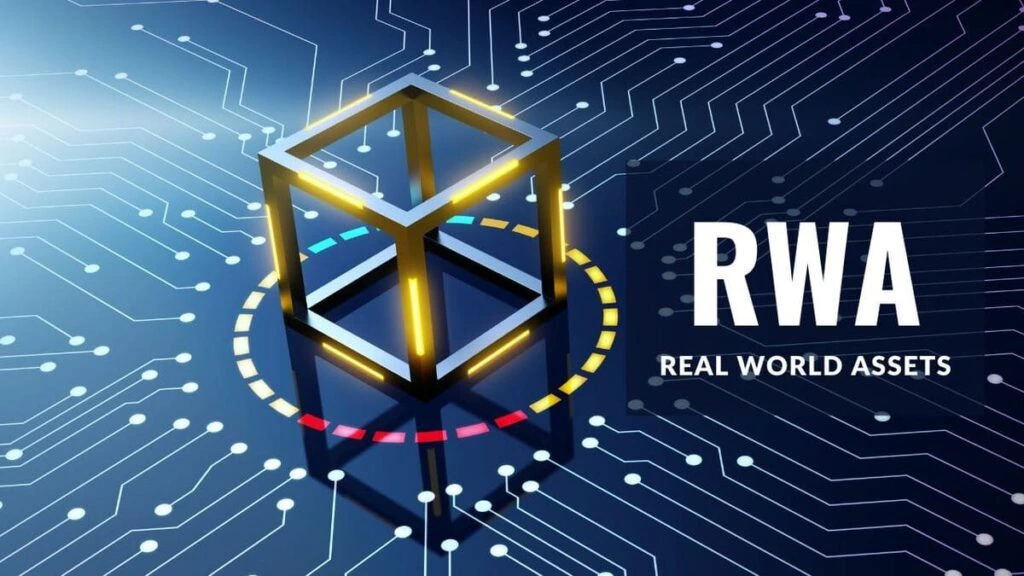
Singapore: Small Country, Big Moves in the RWA Global Trend
Singapore’s been on the RWA train for a while now—quietly, but deliberately. The Monetary Authority of Singapore (MAS) has launched Project Guardian, which brings together banks and fintechs to test asset tokenization in real-world finance. We’re not talking theory here—actual tokenized bonds and funds are in play.
What makes Singapore stand out is how it blends ambition with structure. It’s got clear digital asset licensing, thoughtful compliance rules, and a deep commitment to experimentation. That’s a recipe for drawing serious institutional capital.
It’s no accident that heavyweight firms like JPMorgan and DBS are launching pilots here. When you give global finance players legal clarity and tech infrastructure? They show up.
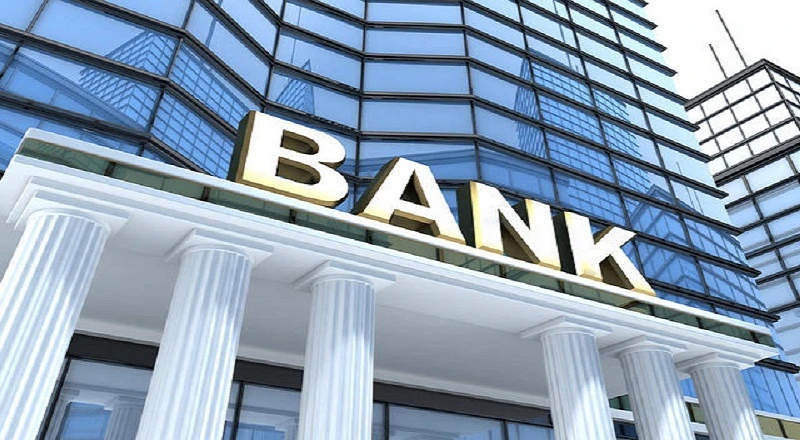
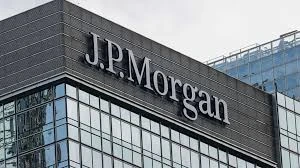
UAE: Turning Oil Money into On-Chain Innovation
The United Arab Emirates, particularly Dubai and Abu Dhabi, aren’t just building towers in the sky anymore—they’re also building a serious name in tokenized assets.
Under the Virtual Assets Regulatory Authority (VARA) and Abu Dhabi Global Market (ADGM), the UAE is aggressively courting RWA players. They’re issuing licenses, hosting blockchain conferences, and pushing ahead with tokenized real estate and commodities.
Some say it’s about post-oil economic diversification, but others see a deeper motive: controlling the narrative around next-gen finance. Either way, it’s working.
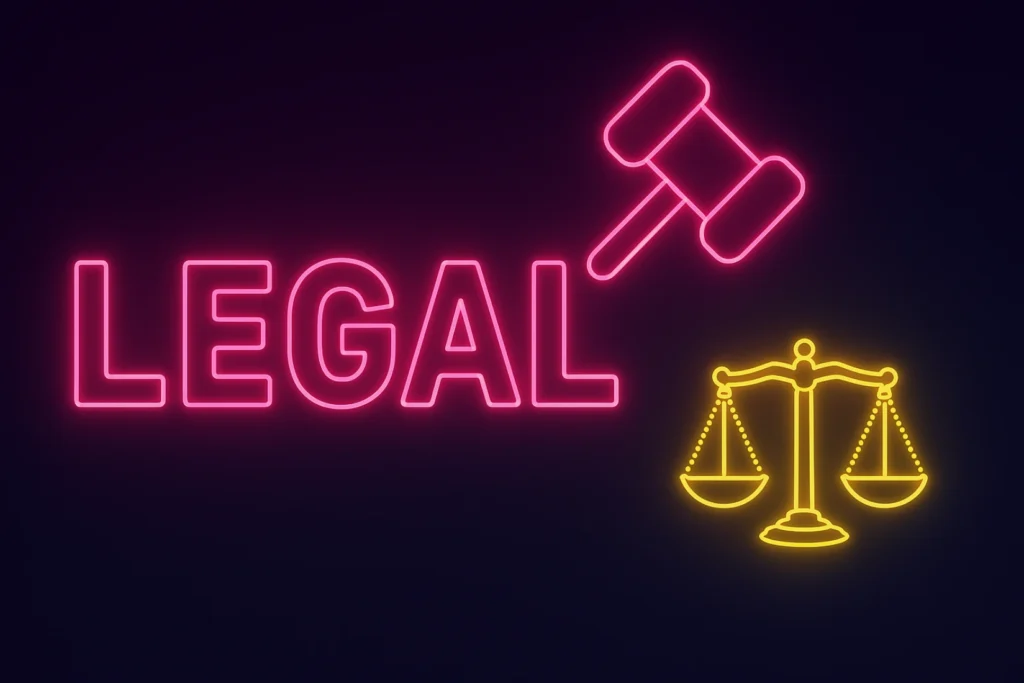

Switzerland: Old Finance Meets the RWA Global Trend
Switzerland might be better known for cheese and banks, but don’t sleep on its RWA strategy.
The Swiss Financial Market Supervisory Authority (FINMA) was one of the first to issue guidance around tokenized securities. And it’s not just talk—real-world tokenized equity and debt products have been issued under Swiss law, with legally recognized ownership.
Zürich and Zug (aka “Crypto Valley”) have become a hub for projects that want the best of both worlds: legal certainty and blockchain innovation.
Hong Kong: Playing Catch-Up—But Fast
Hong Kong was slow out of the gate with digital assets (thanks to some mainland China tension), but recently? The pace is picking up. The Securities and Futures Commission (SFC) has opened the doors to licensed crypto trading and, more importantly, to RWA-related products.
Banks like HSBC are dabbling in tokenized bonds, and the Hong Kong Monetary Authority has floated the idea of tokenized green bonds—giving RWAs an ESG spin. That’s one way to win global investor attention.
Will it overtake Singapore? Hard to say, but the momentum is real.
What’s Driving This RWA Global Trend Anyway?
Good question. It’s not just about “being modern” or riding a tech wave. Governments see RWAs as a tool to:
- Make financial markets more efficient
- Reduce settlement risk and cost
- Attract new types of investors (think retail, global, and crypto-native)
- Increase transparency in traditionally opaque sectors like real estate or art
Also, let’s be honest—tokenization sounds sexy. It makes a 50-year-old bond or a dusty warehouse look like something futuristic. There’s marketing value in that, too.
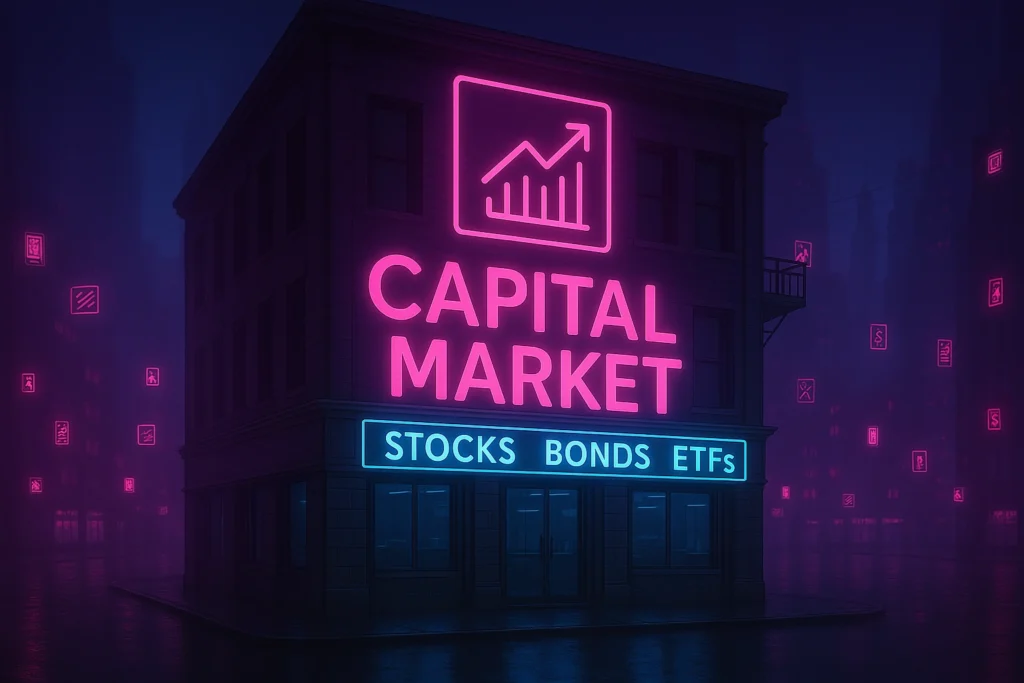
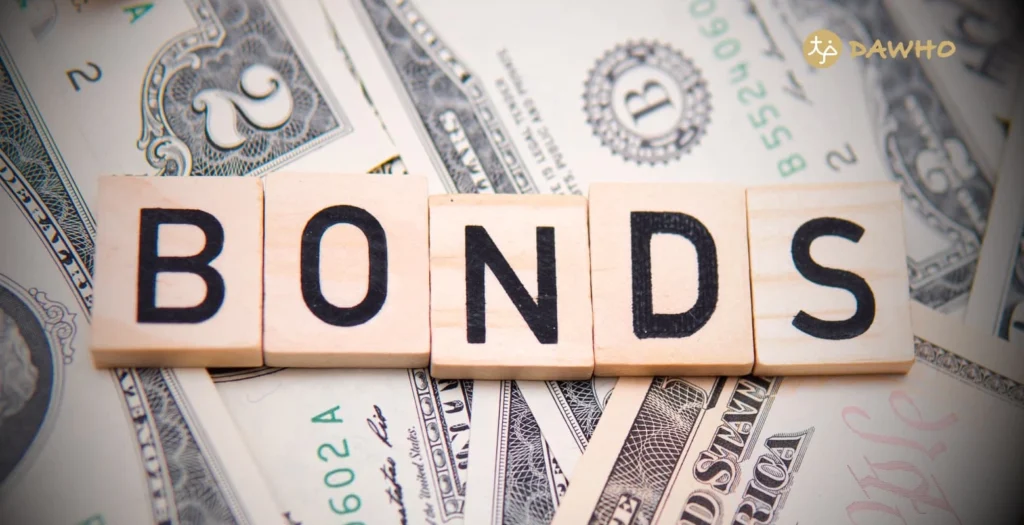
Challenges? Oh, There Are Plenty…
Now, it’s not all sunshine and tokenized rainbows. The RWA global trend is also running into issues:
- Legal clarity: What happens when jurisdictions disagree on asset ownership?
- Tech integration: Legacy systems don’t play nice with blockchain.
- Scalability: Just because it works in a sandbox doesn’t mean it scales to trillions.
- Public trust: Grandma might not be ready to buy tokenized farmland just yet.
And then there’s interoperability—can assets move freely across chains, borders, and legal systems? Not quite… not yet.
Final Thoughts: The RWA Global Trend Is Just Getting Started
Here’s the thing: tokenizing real-world assets isn’t some fringe crypto idea anymore. With countries actively shaping regulation and backing pilot projects, the RWA global trend has legs—and maybe even wings.
Some places are sprinting ahead (Singapore, UAE), others are speed-walking (Switzerland, Hong Kong), and a few are still tying their shoes. But the direction is clear.
So whether you’re a builder, investor, or curious observer—keep an eye on your map. The future of assets might just be drawn in tokenized ink.
Relevant Link : Top 5 Countries Leading the RWA Global Trend (And Why It Matters)





